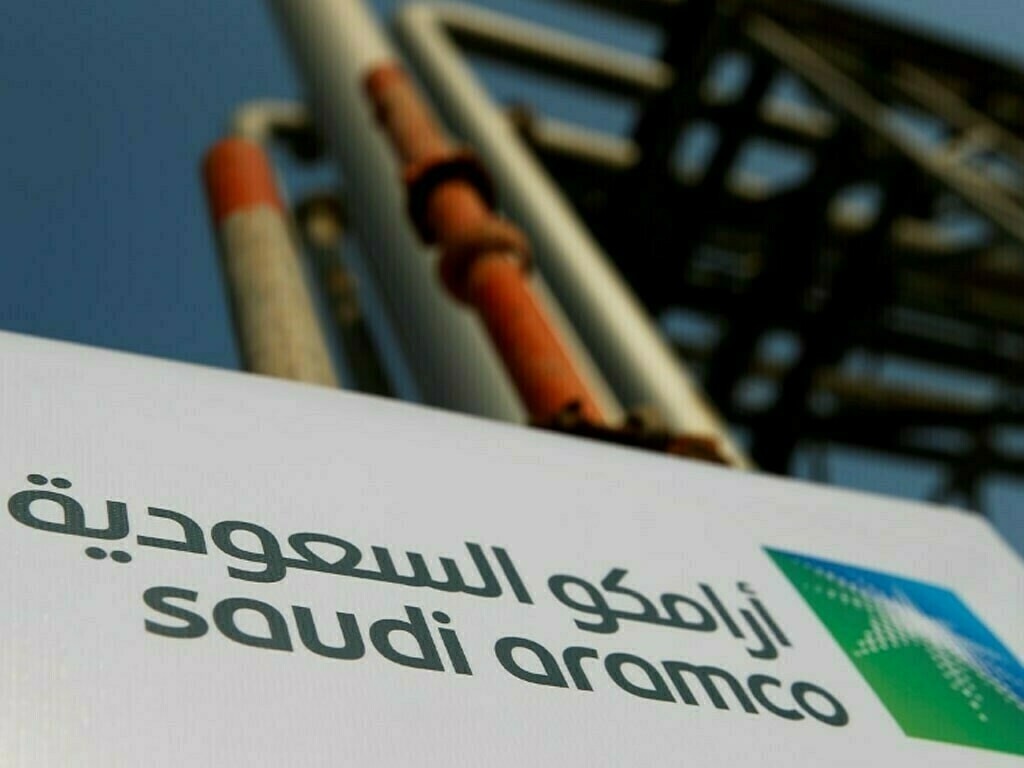Recent notable foreign interactions and investments in Pakistan serve as a testament to the effectiveness of his strategic efforts. At the forefront of this emerging momentum is the Special Investment Facilitation Council (SIFC), which has emerged as a pivotal entity in bolstering Pakistan’s economy. With its strategic initiatives and proactive engagement, it is continuously contributing significantly to uplifting Pakistan and positioning it as an attractive investment destination on the global stage.
Saudi Arabia’s substantial investment has sparked renewed hope for a prosperous future in Pakistan. In a ground-breaking move, the esteemed oil giant Aramco has recently finalized agreements to acquire a substantial 40% equity stake in Gas & Oil Pakistan Ltd (GO), signaling its entry into the highly lucrative fuels retail market of Pakistan.
The investment from Aramco not only demonstrates Saudi Arabia’s confidence in Pakistan’s growth potential but also paves the way for enhanced collaboration between the two nations, fostering economic stability, job creation, technological advancements and positioning it as an attractive investment destination for international players.
The development comes at a time when Saudi Aramco is already in talks with Pakistani authorities for setting up an oil refinery and a petrochemical complex in Pakistan. Last month, Shell Pakistan (SPL) also signed a deal with Saudi Arabia’s Wafi Energy to sell its domestic operations after Shell Global announced its exit from Pakistan in June, with the sale of 77 percent shareholding in the local business.
Pakistan and Saudi Arabia are also expected to forge new agreements in the near future, with the signing of a free trade agreement (FTA) between Pakistan and the Gulf Cooperation Council (GCC) on the horizon.
This FTA holds the potential to significantly enhance trade and investment between Pakistan and the GCC, ultimately leading to job and business opportunities in both regions.
Furthermore, the Chinese government has displayed its willingness to consider amending the existing Free Trade Agreement (FTA) with Pakistan, offering trade finance in yuan and providing loans to support industry relocation.
These forthcoming agreements possess immense potential for Pakistan’s economic growth and the establishment of international partnerships.
The international community has already displayed an unprecedented level of confidence in various sectors under the auspices of the Special Investment Facilitation Council (SIFC), indicating their positive outlook on Pakistan’s economic growth and potential for cross-border partnerships.
This confidence is evident across diverse sectors such as infrastructure, agriculture, information technology, mining and minerals, energy, and defense production.
Pakistan witnesses recent influx of investments from prominent nations including China, Saudi Arabia, the UAE, Qatar, and Kuwait. One significant development in this regard is the recent MoUs worth multibillion dollars signed between Pakistan and the UAE, opening doors for substantial investments in a wide range of sectors, such as energy, port operations, waste water treatment, food security, logistics, mining, aviation, and banking and financial services.
Kuwait has also made a significant commitment to Pakistan’s economic development by signing MoUs worth $10 billion.
Moreover, Pak- China has signed more than 20 MoUS in various sectors including, Commerce, Communication, Transport, Connectivity, Food security, Media, Space cooperation, Urban development, Capacity building, Minerals, Industrial cooperation, Climate change and Vaccine development.
Notably, a significant investment of $1.5 billion in the petroleum sector has been pledged by the United Energy Group of China and Pakistan Refinery Limited. Furthermore, the ML-I railway project, which promotes connectivity and trade, has been finalized.
Pakistan also succeeds in attracting substantial investments from prestigious international financial institutions, including the International Finance Corporation (IFC), amounting to over $1.5 billion.
Furthermore, Asian Development Bank (ADB) has approved a loan of $250 million to enhance the power transmission network in Punjab and Khyber Pakhtunkhwa provinces. Additionally, the Asian Infrastructure Investment Bank (AIIB) and the World Bank will jointly finance Pakistan’s second Resilient Institutions for Sustainable Economy (Rise-II) programme with a loan of $600 million.
In the same context, Saudi Arabia, along with Egyptian billionaire Naguib Sawiris, and Canadian Mineral Sector Investment Company “TYTAN COPPER,” has expressed keen interest in exploring investment opportunities including exploration and mining in different areas of Pakistan.
These investments facilitated by the SIFC (Special Economic Zones Investment Framework) have played a crucial role in driving immense growth in Pakistan’s economy. With the participation of various international entities these investments not only contribute to job creation and economic development but also enhance Pakistan’s overall competitiveness and position in the global market. The SIFC has proven to be an effective platform for promoting foreign direct investment and fostering sustainable economic growth in Pakistan.
The recent inflow of investments in Pakistan serves as a testament to the country’s promising economic trajectory, which has been diligently fostered through the unwavering efforts of the Special Investment Facilitation Council (SIFC).
These investments not only signify the confidence of prominent international markets in Pakistan’s economic potential but also validate the effectiveness of the country’s strategic policies and reforms.
Additionally, the recent military diplomatic visits conducted by the Chief of Army Staff (COAS) have further bolstered Pakistan’s standing on the global stage, and attracted increased investments for the future. Together, these developments affirm that Pakistan’s economy is undoubtedly on the right track, poised for sustainable growth and prosperity.
Copyright Business Recorder, 2023
